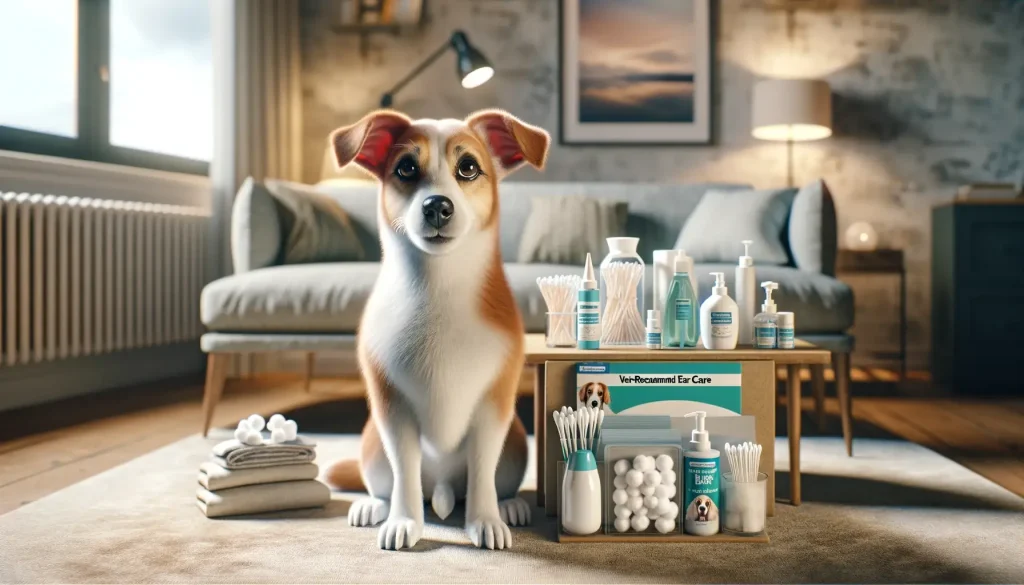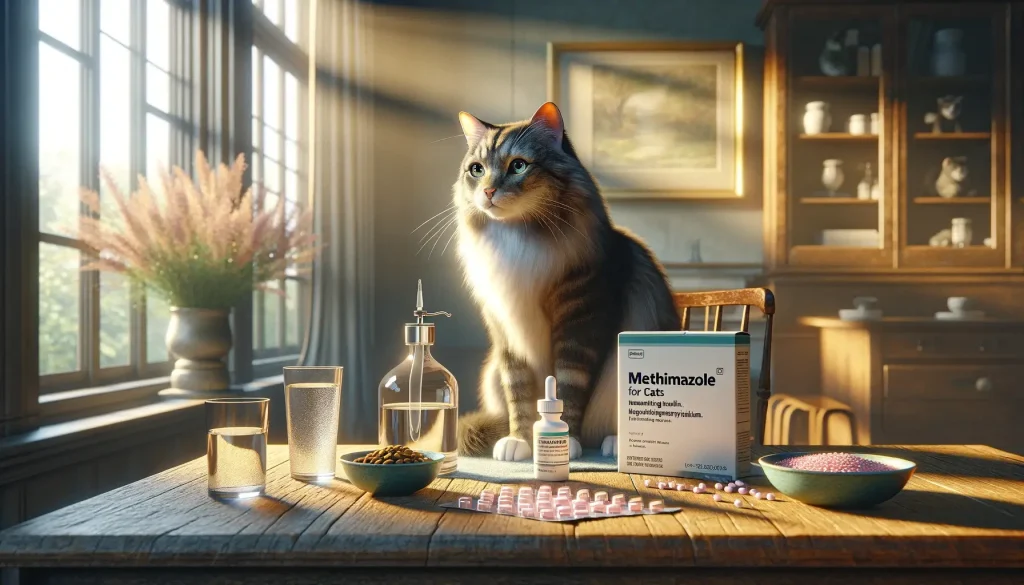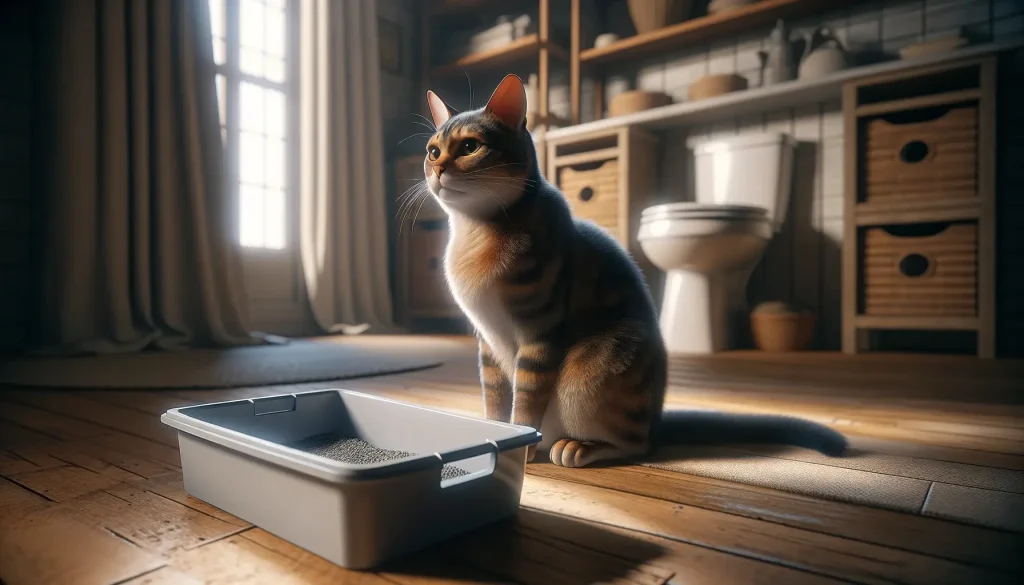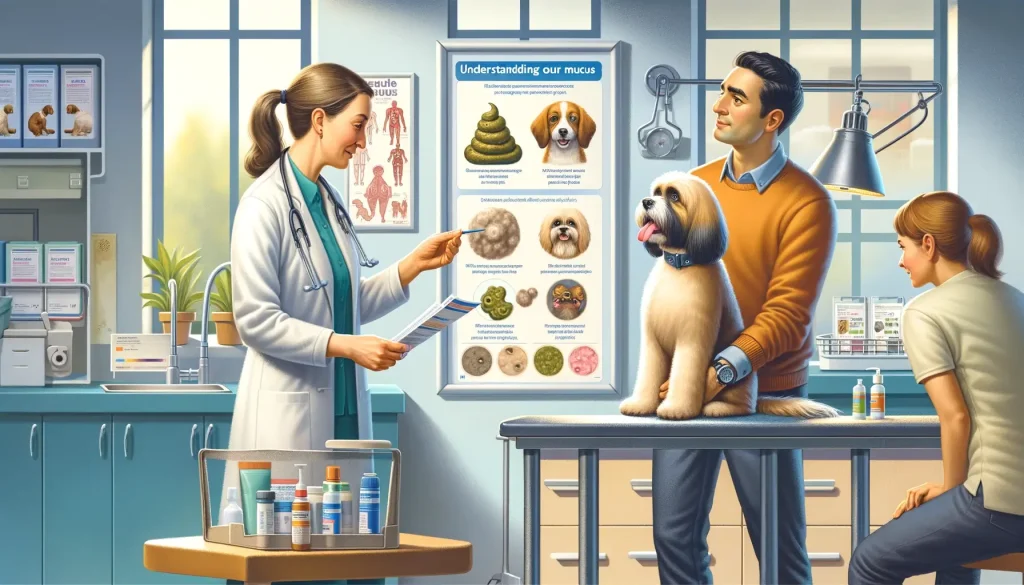
Meaning of Mucus in Your Dog’s Poop
Mucus in dog poop is often a sign that something is going on with your dog’s gastrointestinal system. However, it’s not always a red flag. Here’s a closer look at what certain types of mucus can mean:
- White Mucus: Spotting white mucus can mean that there’s inflammation in the lower gut, possibly due to conditions like colitis, food allergies, or Inflammatory Bowel Disease (IBD).
- Yellow Mucus: If the mucus in your dog’s stool is yellow, this could be signaling a liver issue. It’s an indication that a vet’s consultation is needed for further diagnostic tests, including a liver function blood test and an abdominal scan.
- Red or Bloody Mucus: This is a more urgent sign of inflammation in the large intestine and can be caused by stress, dietary problems, or infections. Fresh red blood is associated with lower gut issues, while black or tarry stools suggest bleeding in the upper GI tract.
But when should mucus in dog poop truly concern you, and what measures can you take to ensure your dog’s health and well-being? Let’s explore when to take action and how to support your dog through potential health issues.
When Mucus in Dog Poop Signals Trouble
Dog parents often come across mucus in their pet’s feces and wonder what it means. While finding mucus might not always be a cause for alarm, certain scenarios show it’s time to pay attention.
Here’s when the presence of mucus in your dog’s poop should raise concerns:
- Consistent Appearance: If you’re noticing mucus regularly, it might indicate an ongoing issue that needs a vet’s attention.
- Accompanied by Other Symptoms: Mucus, along with diarrhea, vomiting, a decrease in appetite, or weight loss, is a red flag. These symptoms combined can signal more serious conditions.
- Red or Bloody Mucus: This is especially worrying. Red or bloody signifies inflammation or bleeding in the lower gastrointestinal tract. Urgent veterinary care is essential here.
Small amounts of mucus might not be worrisome on their own. It’s when other symptoms join the mix or the mucus is consistently present that it’s time to act.
A simple home remedy like a bland chicken and rice diet may help settle minor stomach issues. Pairing this with a probiotic can aid in managing diarrhea. However, always consult with your vet before making dietary changes or introducing new supplements.
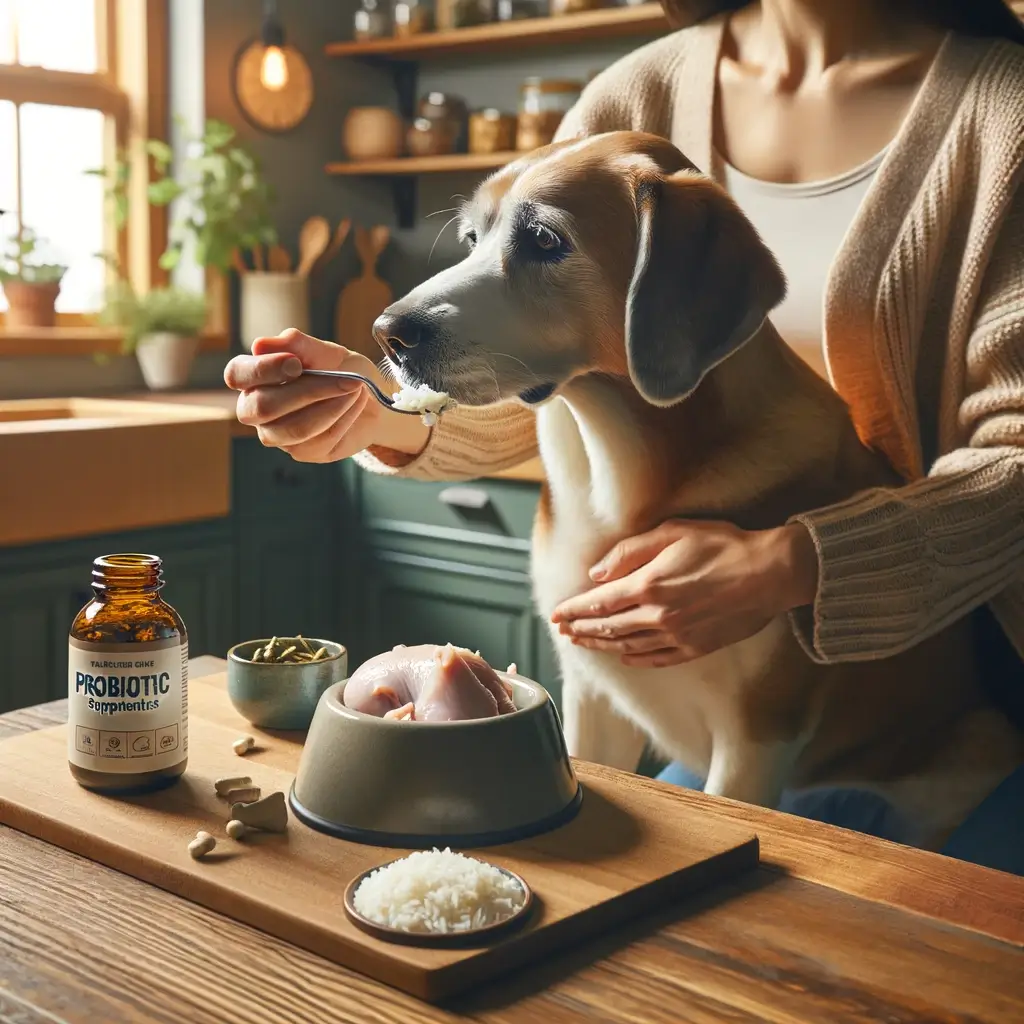
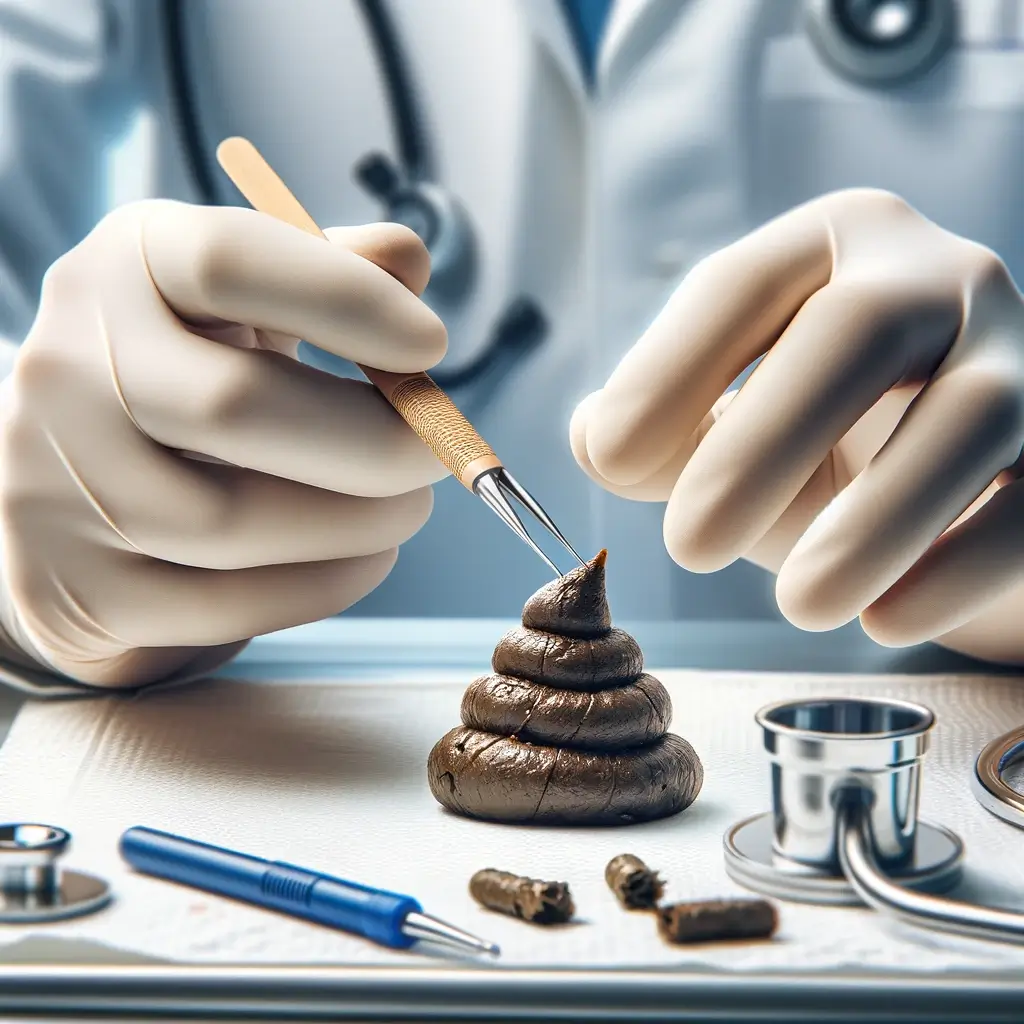
Home Care vs. Vet Visits for Dog Mucus
When it comes to spotting mucus in your dog’s poop, not all situations are dire. But knowing what you can manage at home and when to rush to the vet is vital for your dog’s health.
What You Can Do at Home
For minor cases, some home remedies can be effective:
- A bland diet like boiled chicken and rice can soothe your dog’s stomach. This simple meal is gentle on the digestive system and can help resolve minor stomach upsets.
- Starting your dog on a probiotic supplement may assist with balancing gut flora, which in turn can help manage diarrhea. Always opt for probiotics made specifically for dogs.
Remember, these steps are for mild issues only. If your dog shows other symptoms or if the mucus persists, it’s vet time.
When It’s Vet Time
Certain signs suggest a vet visit is necessary:
- Persistent mucus in the poop, especially if it shows up regularly, means something more serious could be at play.
- If the mucus is alongside other worrying symptoms like diarrhea, vomiting, decreased appetite, or weight loss, it’s a clear signal your dog needs professional attention.
- Red or bloody mucus is always a red flag. This could indicate inflammation or bleeding in the lower gastrointestinal tract, requiring urgent vet care.
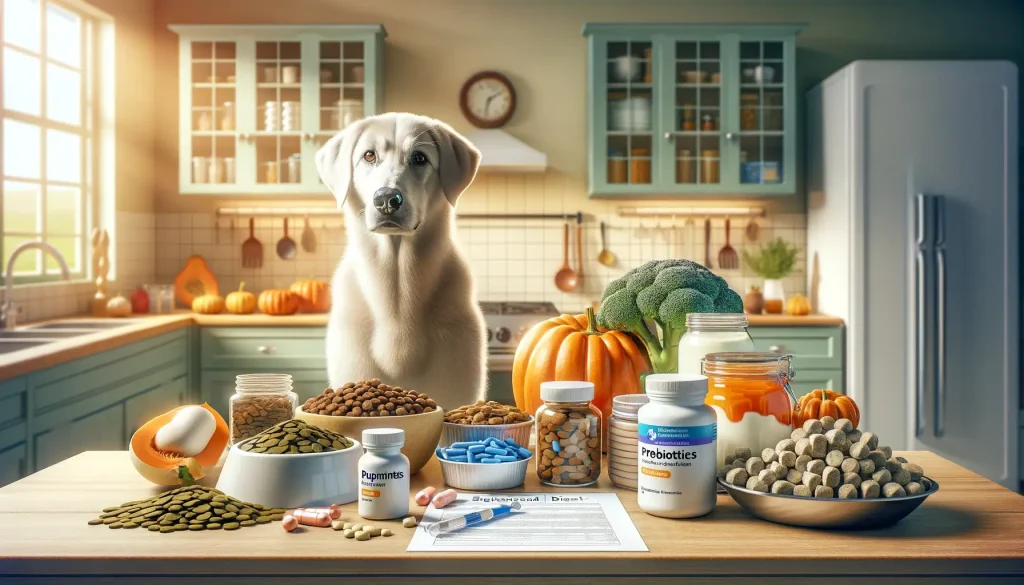
Preventing Mucus in Your Dog’s Poop
Keeping your dog healthy and mucus-free is a top priority for pet owners. Here are some strategies to help prevent the appearance of mucus in your dog’s poop:
Focus on Diet
A balanced diet is key. Fiber-rich foods can help maintain a healthy digestive system, decreasing the chances of mucus. Avoid sudden diet changes, as these can upset your dog’s stomach.
Regular Vet Visits
Routine check-ups with the vet play a crucial role in preemptive healthcare. These visits can help detect and prevent GI issues before they lead to mucus production.
Stress Management
Stress affects dogs too, influencing their GI health. Ensure a stable and loving environment, engage in regular physical activity, and provide plenty of affection to minimize their stress.
Understand Your Dog’s Health
Be informed about conditions like colitis, IBD, and liver issues. Knowing the signs can lead to quicker interventions and less discomfort for your dog.
By implementing these steps, you’re not just focusing on preventing mucus in your dog’s stool but also enhancing their overall health and quality of life.
Beginner Guide to Raising Quail at Home
What are the Signs of a Dog Concussion?
What Causes Your Dog’s Ears to Smell Bad?
When your dog’s ears start to emit an unpleasant odor, it might leave you puzzled…
Methimazole Treatment for Cat Hyperthyroidism
Methimazole plays a crucial role in managing feline hyperthyroidism, a condition marked by an overactive…
Got Hummingbirds in your Backyard? Here’s How to Care for Them.
Why Does Your Cat Pee Outside the Litter Box?
Cat’s Litter Box Issues It’s not uncommon for cat owners to face the frustrating dilemma…


